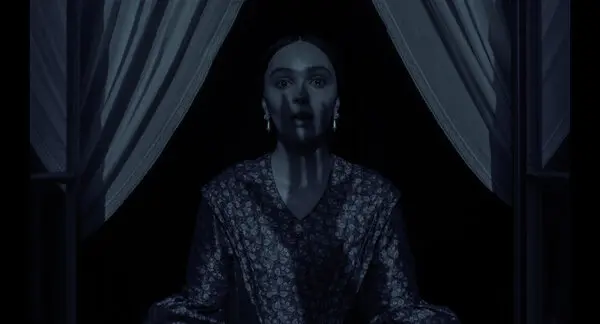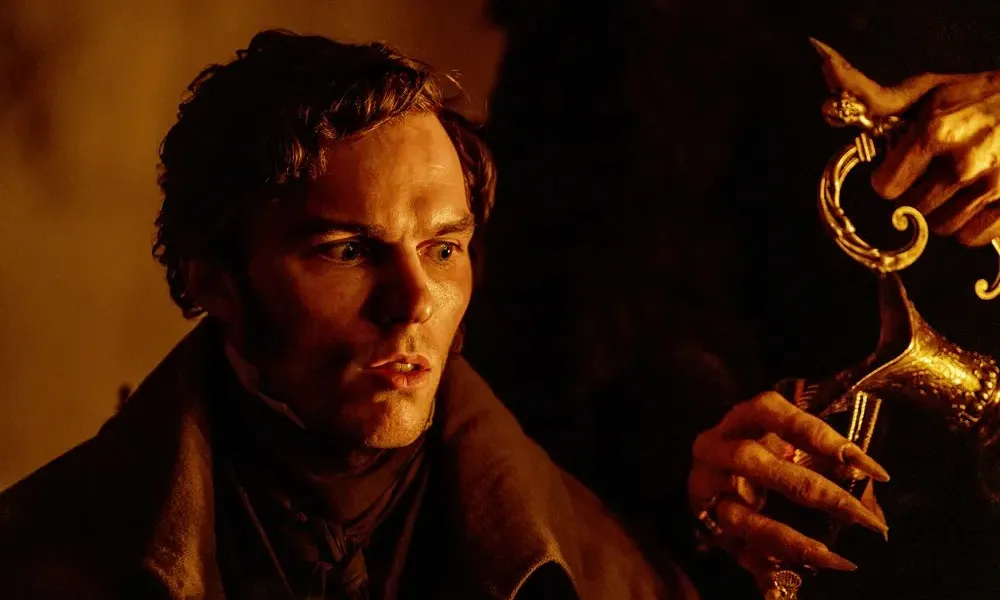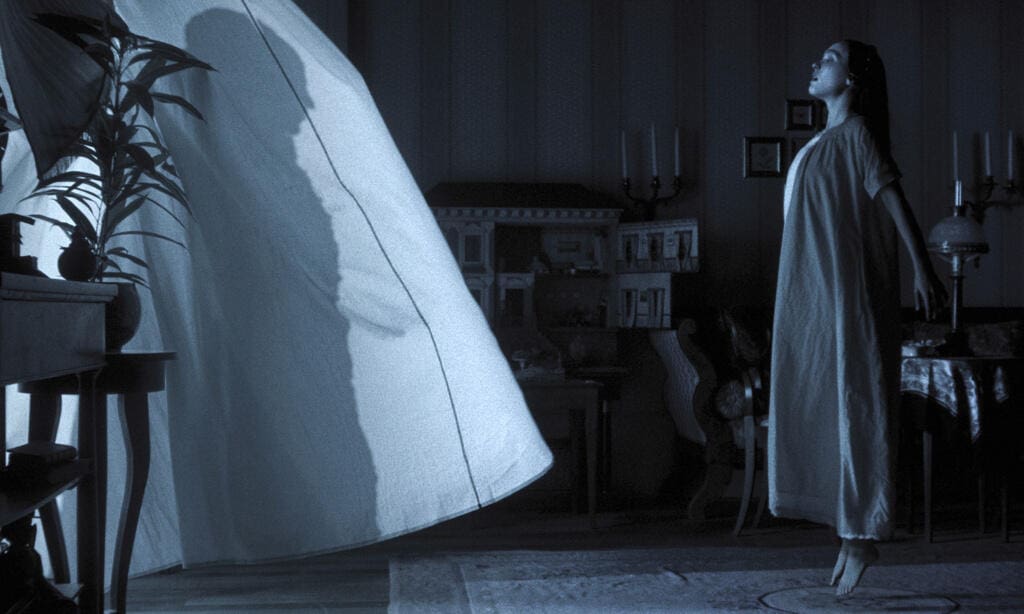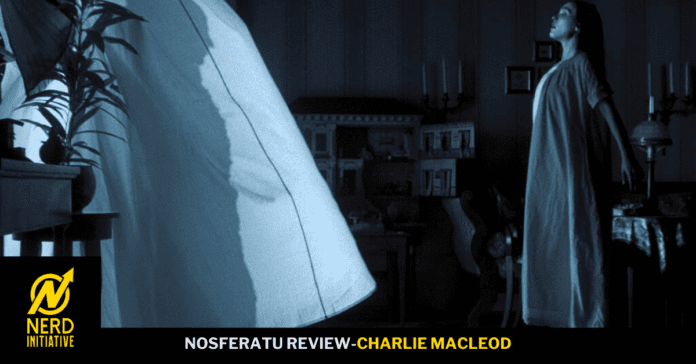Share this

Spoilers Ahead
Nosferatu, the 2024 vampire horror film from Focus Features hit theaters on Christmas. This film, directed by Robert Eggers, and starring Lily Rose-Depp and Nicholas Hoult is a remake of the 1922 silent film Nosferatu: A Symphony of Horror. The story was inspired by Bram Stoker’s 1897 novel Dracula. Stoker’s estate won a lawsuit against the production company for the 1922 film for violating copyright law, and by some accounts, the film was supposed to be destroyed. However, because the film went from Germany to the United States where Dracula was already in the public domain, it survived. This modern remake of the 1922 German Expressionist film is a must-watch for film enthusiasts and genre fans alike.
The story takes place in 1838 during the winter in the budding metropolis of Wisborg, Germany, and it focuses on a newlywed couple Ellen Hutter (Lily Rose-Depp) and her husband Thomas Hutter (Nicholas Hoult). In hopes of a big payday Thomas agrees to facilitate the sale of Schloss Grünewald, an old and decrepit manor in the city, at the behest of his boss Knock (Simon McBurney). Knock convinces Thomas that he must travel out of the country to meet with the strange and mysterious buyer, Count Orlock (Bill Skarsgård) at his reclusive gothic castle.

A Slow-Burning Cinematic Horror
Eggers and cinematographer Jarin Blaschke use slow and methodical camerawork as a way to build atmosphere and tension throughout the film. Utilizing this slower pacing to contrast the grotesque and disturbing imagery evocative of Egger’s previous horror entry The Witch (2015), is incredibly effective at creeping out the audience and proves that horror doesn’t need to rely on jump scares. At times I feel like the film had an immersive and almost Lynchian dreamlike quality to it.
While the imagery and camerawork create the atmosphere the film needs, the performances are what truly elevate this film. Lily Rose-Depp gives one of her better performances, balancing a psychosexual possession with a devoted and terrified wife. Nicholas Hoult proves once again that he has mastered the closeup shot of him being terrified without overacting, not an easy task.
Bill Skarsgård completely loses himself in the role of Count Orlock, surpassing his previous performance of horror icon Pennywise in the 2017 remake of Stephen King’s novel It. And I find it refreshing when a director is inspired to cast someone in a supporting role. Specifically with Willem Dafoe who of course played Max Schreck in the showbiz drama/horror film Shadow of the Vampire (2000), which is about the filming of the original Nosferatu: A Symphony of Horror (1922).

Hit or Miss?
While Hollywood in the modern era has become littered with remakes, reboots and sequels, this is certainly one of the better and dare I say, necessary remakes. Having the latitude to overtly explore psychosexual themes with a vampire that is more From Dusk Till Dawn (1996) than Twilight (2008), makes for a more interesting exploration of the primal forces that drive human desire.
Overall, this is one of the top horror films of the year that certainly gave us some interesting and inspired entries. On par with remakes like The Fly (1986) and Invasion of the Body Snatchers (1978), but just shy of being an all-time great like The Thing (1982).
4 / 5 Stars

